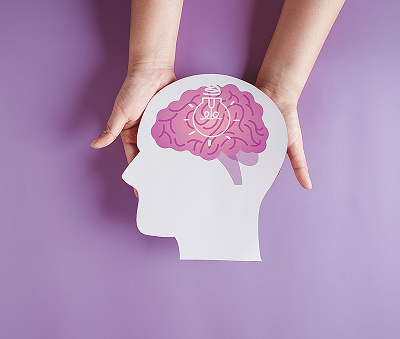- +91 97997 70270
- neuronhospital.rajkot@gmail.com
- 3rd floor, Saket Hospital 2, Nana Mava Road, Near Rajnagar Chowk Shyamnagar, Rajkot, Gujarat-360001
- 24/7 Opened

Epilepsy is a brain condition that causes people to experience seizures. Seizures happen when there’s a sudden surge of abnormal electrical activity in the brain. This disrupts the brain’s normal messaging system, leading to temporary changes in how a person feels, acts, or moves.
Think of your brain like a giant network of tiny highways carrying messages. In epilepsy, some parts of these highways get jammed up, causing a traffic mess. This mess is the seizure, and the symptoms depend on which highways are affected.
There are many reasons why someone might develop epilepsy. Some common causes include:
Brain injuries from accidents or bumps on the head.
Infections that affect the brain, like meningitis.
Genetic factors: Sometimes, epilepsy runs in families.
Developmental problems in the brain that happen before birth.
In many cases, though, doctors can’t pinpoint a specific cause
Seizure symptoms vary depending on the part of the brain affected. Here are some common types:
These affect just one part of the brain. Symptoms might include uncontrollable muscle jerks in one arm or leg, tingling or strange sensations, or a feeling of déjà vu (thinking something has happened before when it hasn’t).
These involve the entire brain. They can cause things like stiffening or jerking of the whole body, loss of consciousness (passing out), staring into space, or uncontrollable chewing movements.
These are shorter seizures (usually lasting 10-20 seconds) where someone might stare blankly for a moment, appear daydreamy, or stop responding for a brief period.
If you see someone having a seizure:
Stay calm. Don’t panic.
Gently guide the person to a safe place away from furniture, stairs, or anything they might bump into and hurt themselves on.
Place something soft like a jacket or towel under their head for comfort and to prevent injury.
Time the seizure with a watch or phone to see how long it lasts.
Seek medical help if the seizure lasts longer than 5 minutes, seems very different from their usual seizures, or if the person doesn’t regain consciousness after the seizure stops.
Don’t restrain the person or try to force anything into their mouth.
Don’t give them water or smack patient trying to wake them up.
Don’t give them medication unless it’s something they’ve been prescribed specifically for seizures.
Don’t move them unless they’re in immediate danger, like near traffic or about to fall.
There’s no cure for epilepsy, but the good news is that it can be managed very well in most cases. Here are some common treatments:
Doctors can prescribe medications that help control the electrical activity in the brain and reduce the frequency of seizures.
Diet: In some cases, a special diet like the ketogenic diet can help control seizures.
If medication doesn’t work well, sometimes surgery can be an option to remove the part of the brain causing the seizures. This is a complex procedure and not suitable for everyone.
Epilepsy can be scary at first, but with proper treatment and support, people with epilepsy can live full and active lives. There are many resources available to help people with epilepsy, including support groups and organizations.
Epilepsy is not contagious, and it doesn’t define a person. If you have any concerns about seizures or epilepsy, talk to a doctor or healthcare professional.
At neuron Hospital We have Epilepsy specialist doctors and EEG machines to diagnose and treat Epilepsy as early as possible.